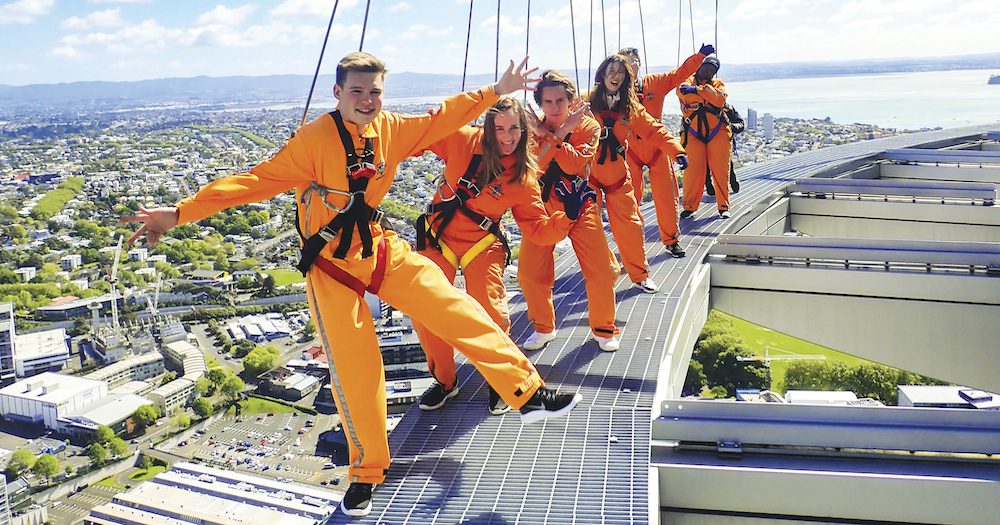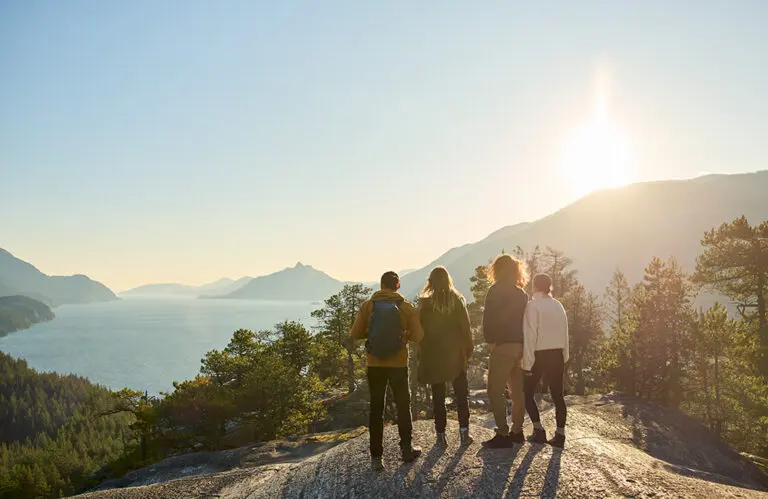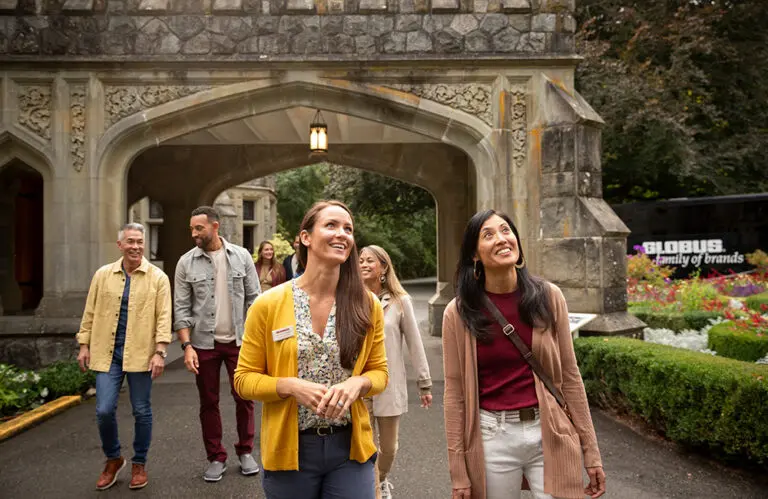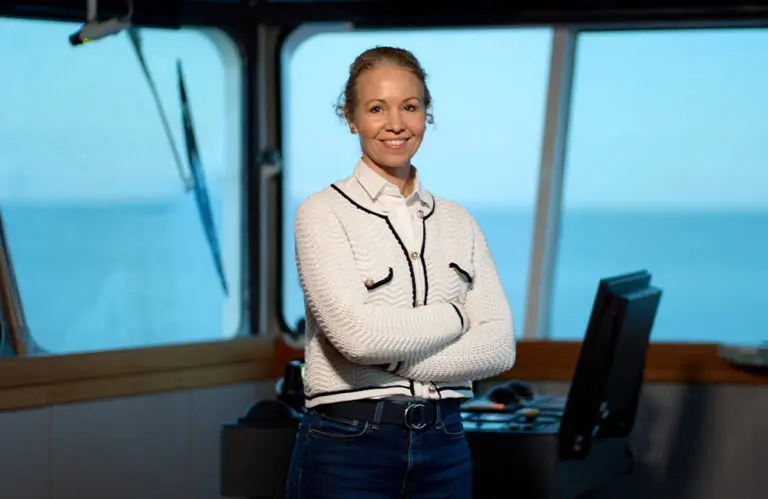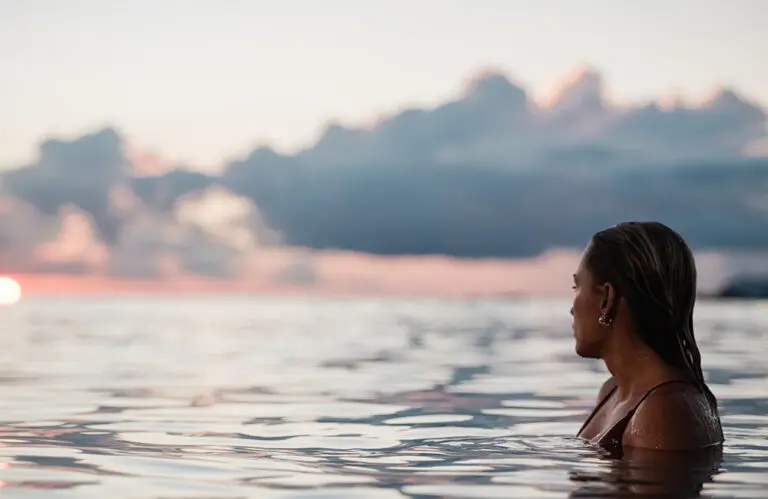It was early morning at Frankfurt Airport. I’d just spent 10 days visiting a family I’d lived with for a year as a teen, in a small Westphalian village, eating homemade preserves, deconstructing Beethoven (who was born just down the road) and talking German Politik.
My Aussie friend, with whom I was about to spend a month in Europe, came trudging off a plane after flying in from London. He looked exhausted. As well he should have been. He’d been partying literally every night for the previous two weeks on a group tour around Western Europe. He’d had a blast, he said, but it was all a bit of a blur now. He’d travelled with Contiki. The story’s not an uncommon one.
For many Australians, Contiki still conjures images of wild youths rocking their way across destinations with almost abandon, hitting the big sights before hitting the drink. And while the famous tour brand still appeals to the young, or at least large parts of that demographic, thanks to its youth-oriented tours, the company has also grown up. This year the brand celebrated its 60th birthday.
“I think the brand has changed, and I think our travellers have changed, kind of simultaneously,” Contiki managing director Adam Armstrong says in an interview with Karryon.
“Yes … many still want to go out and have some drinks and dance, but I think that the consumer is a lot more varied these days, and looking for different things and has different behaviours.”
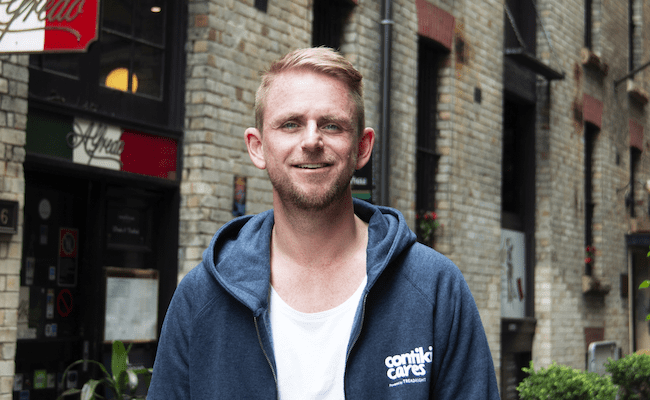
Less drinking, more thinking
Consequently, experiential travel has become a priority for many – and that includes Contiki.
“A lot of our guests are looking for something slightly different, less orientated around drinking and nightclubs and more interested in cultural activities,” Armstrong said.
“So we’ve changed our product itineraries to match that. We still go to the same cities, but perhaps do different things in cities than we did before. And you get a much broader cross-section of people that are more interested in culinary than drinking.”
“We’ve changed, they’ve changed. It’s certainly people wanting to have fun still, but it’s a more varied bunch of people. And it [partying] is certainly not the be-all and end-all that perhaps it was in the past.”

Eco-friendly travel
Another way in which Contiki has evolved is through its focus on sustainability, for which it set out an 11-goal strategy last year.
According to Armstrong, the company achieved one of the goals – to become entirely carbon neutral – three years early on 1 January 2022. With that already under its belt, Contiki has also begun the journey to reach net zero emissions.
Another mission relates to Contiki’s new Make Travel Matter campaign, in which it sets out to make experiences matter “on every trip”, for instance through “a city tour that connects our travellers with people or wildlife or the planet and gives back to local communities or gives back to the environment”.
And then there are initiatives like renewable energy in its hotels, and sourcing local and organic food.
“They [young travellers] believe in brands with purpose, and they buy brands that have a purpose rather than those that don’t,” Armstrong says.
Purpose with a little (or a lot of) partying thrown in. That sounds like the Contiki of today.



